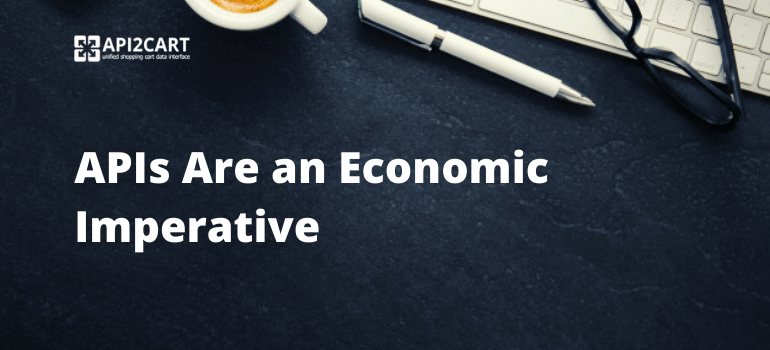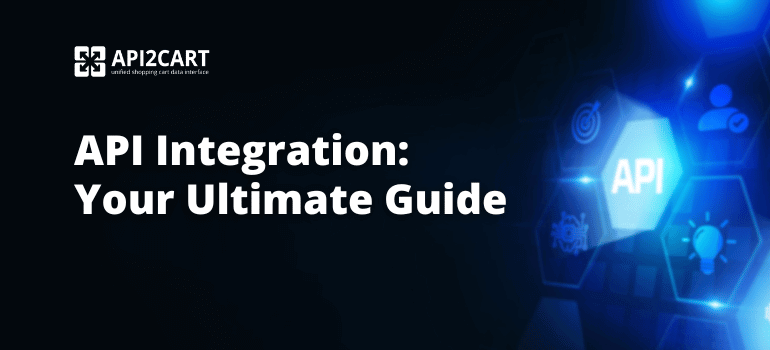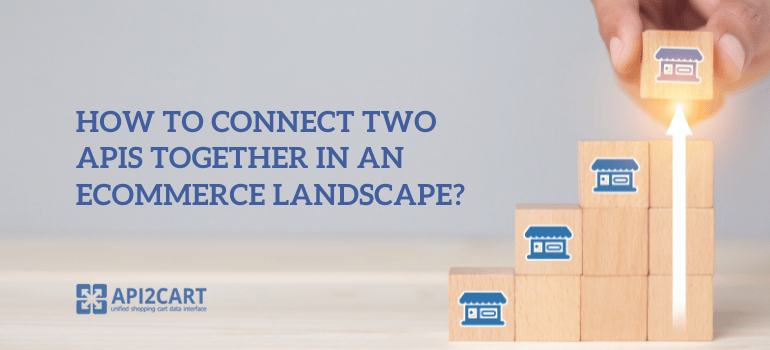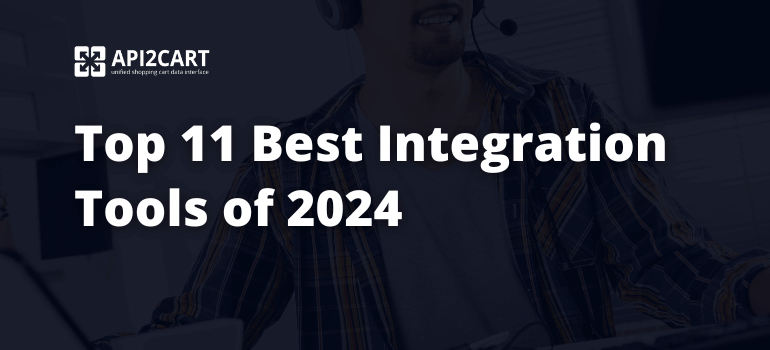
Today I want to present you the third Axiom continuing the series of “The Five Axioms of the API Economy”. It appears to be a joint post written by Craig Burton, one of the leading visionaries and analysts in the computer industry and Steven Willmott, CEO at 3scale. Enjoy the article unveiling the secret behind.
The Five Axioms of the API Economy
- Everything and everyone will be API enabled.
- APIs are core to every cloud, social and mobile computing strategy.
- APIs are an economic imperative.
- Organizations must provide their core competence through APIs.
- Organizations must consume core competences of others through APIs.
Axiom #3 - APIs Are an Economic Imperative
As is clear from the first two Axioms, APIs provide significant value in a wide range of scenarios: making new types of products and services possible, reducing integration costs or speeding up existing processes. However, It may still appear that the majority of the beneficiaries of APIs are likely to be primarily digital or technology companies like large social media companies or media organizations. It is also difficult to see past the technical nature of APIs to their business value since much of the current debate around APIs is inherently about implementation details, technical architecture and so on.
However, APIs are, at their core, not a technical device. Instead, they are a means of delivering or providing access to a service or a product. In other words, the precise technology involved may vary but the essential nature of an API is to provide access to something of value. This, in turn, means that APIs intrinsically provide economic value. For example:
- Twitter’s API provides the availability to send a tweet and have this visible to the whole of Twitter’s user base: clear value.
- Salesforce’s API provides the ability to synchronize customer data with third-party tools – making those tools and Salesforce itself more useful: clear value.
- The City of New York’s 311 API provides the means to report problems to the city managers so they can be addressed: clear value.
- Twilio’s Telephony API allows the sending of an SMS to any phone number in the world in one line of code: clear value.
- United States Postal Service (USPS) API. The U.S. Postal Service provides a suite of USPS Web Tools that customers may integrate into their own websites to validate or find mailing addresses, track and confirm mail delivery, calculate shipping rates, and create domestic or international shipping labels: clear value.
Interestingly, only in the case of one of these APIs is the actual API invocation charged for (Twilio charges per SMS sent), yet they all still provide value – often to the provider of the API as well as the user.
For digital-native companies such as Netflix, this value is already very clear: Netflix API has evolved tremendously since it’s launch and provides the key meta-data and navigation flow that underpins Netflix players deployed on over 1000 different types of devices. Without the API Netflix players would not be able to nimbly navigate the Video content Netflix delivers or deliver a custom experience on each device. But beyond inherently digital businesses, many more large organizations are deriving clear value from APIs:
- General Motors: GM via onStar provides a rich set of APIs to control the systems in some of its vehicles. The APIs provide both in-vehicle and remote information and control – enabling third parties to provide new applications and experiences to GM customers.
- Walgreens: The Walgreens API Program enables partners large and small to integrate and both print photos and file prescriptions – important and valuable services for both the developers writing the apps and for Walgreens itself.
- Johnson Controls: JCIs Panoptix division amongst others employs APIs to provide access to data and control systems from its in-building installations. This, in turn, creates a marketplace for new applications compatible with their systems.
To complete the Axiom, however, we also need to discuss whether or not APIs are an economic imperative. This is equivalent to asking “Yes, but how important is this additional value? Can I live without it? How do I compare it to other valuable initiatives I have going (opportunity cost)?”
While not every industry sector and every player in every sector is in the same situation and hence, the answer to this question may vary. However, there are several reasons to believe that for most organizations there is a clear imperative to deploy APIs:
- The value created is likely to have a direct impact (being able to do new things) and indirect structural impact (making the organization more agile in the future).
- The value of APIs is often on the top and bottom line: on the revenue side – APIs enable new products and services or drive more volume for existing products/services, on the cost side – integration costs often drop dramatically when API-driven.
- Many API strategies enable the creation of a partner or customer ecosystem – reinforcing the value of products/services with third party additions. This type of effect is often strongly biased to the first few movers in a space – enabling them to grow proportionally faster than their competitors.
There are industry sectors where no significant players make significant use of APIs, the economic case is clear – once one or more players come out with offerings, they will force transformation amongst all the remaining players.
What is, without doubt, is that APIs are already starting to have a significant-top and bottom-line effect on a business. It has already become imperative to leverage their power– just as cloud, social and mobile have become imperatives in almost every sector.
Summary
Proper use of APIs provide clear value. It is economically imperative that organizations integrate well-designed API strategies into their planning and development processes. These actions will provide value to any organizations top and bottom line economic values.
This is the third Axiom in this series, the whole post read at 3scale. Hope that we make one more contribution to your better understanding of the complex API term. If you have the questions about the usage of Application Programming Interface in eCommerce and wonder how API2Cart can help to expand your business possibilities, schedule a call with our representative.



